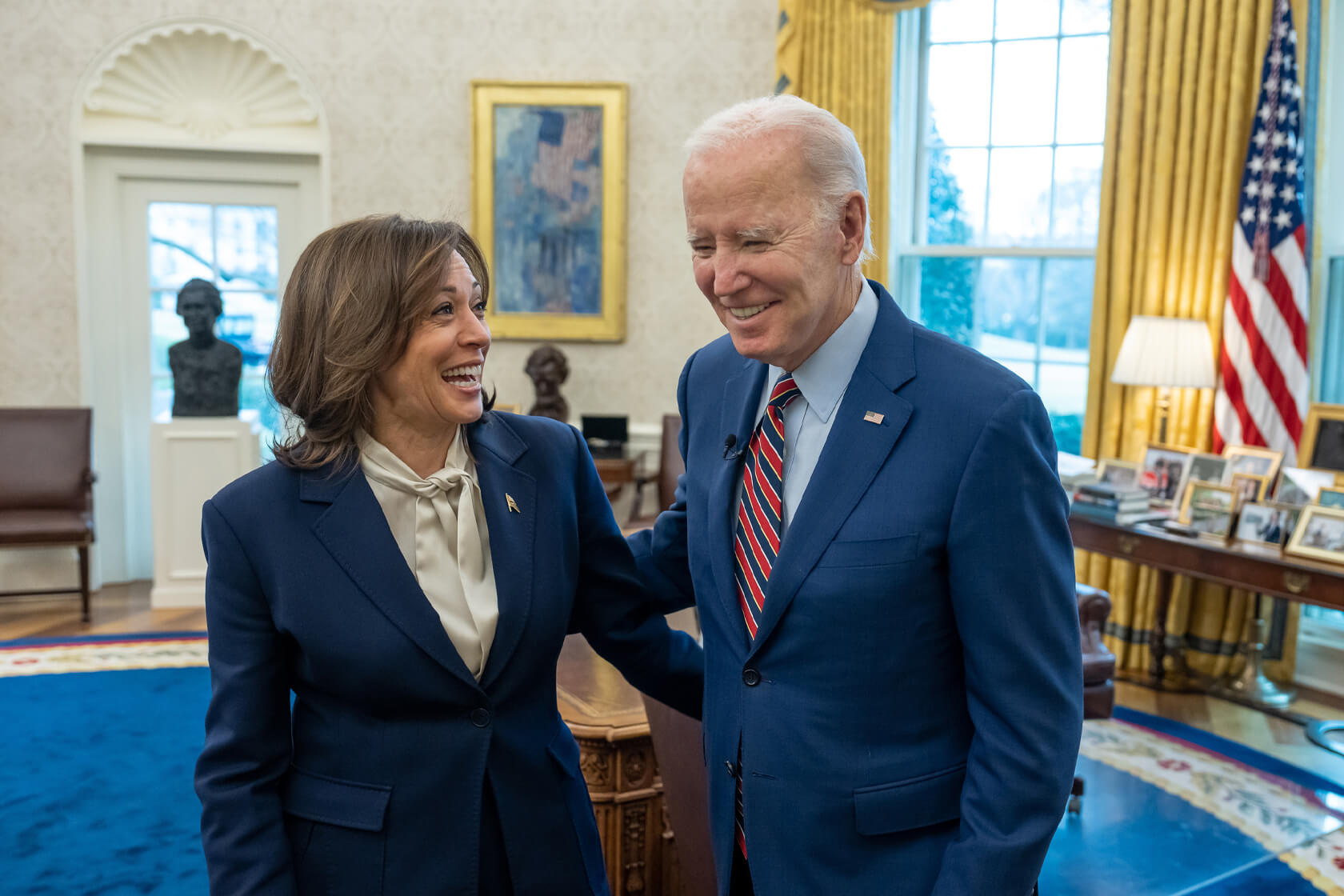Typical Calgary home sees 5.2% property tax increase in proposed 4-year budget – Calgary

The average single-family home in Calgary will see a 5.2% increase in property taxes next year if a proposed four-year budget is approved by the city council later this month.
This increase equates to about $120 a year for an average Calgary home.
The proposed budget was first made public on Tuesday and submitted to the city council prior to deliberations beginning November 21.
It has an operating budget of $4.68 billion in 2023 and is expected to reach $4.9 billion by 2026. An increase of $323 million over four years.

This comes after city officials told Congress in July that income from property taxes should increase by 3.65% annually to keep up with inflation and population growth. Council set as a cap for the next four years.
Required property tax revenue is set to increase by an average of 3.7% over the next four years, increasing by 4.4% in 2023, 3.4% in 2024, 3.8% in 2025 and 3.3% in 2026 To do.
Property tax increases also depend on city council decisions on spending and tax allocation between homes and businesses.
According to the budget document, the most significant operational costs underway in the proposed budget include $34.8 million to the Calgary Police Service for increased staffing and continued reform, maintaining service levels and increasing service frequency. including $23.1 million to Calgary Transit and $18.1 million for Road and sidewalk maintenance.
read more:
‘Working hard to keep prices affordable’: Calgary City Council first to consider four-year budget
The budget includes a proposed one-off $40.8 million for climate and environmental management to expand work on the city’s climate strategy to achieve the city’s goal of net zero emissions by 2050. funds are also included.
The administration is also recommending a one-time fund of $159 million to preserve heritage assets, provide user- and business-friendly planning policies, and provide programs to revitalize downtown. increase.
The city’s capital budget is expected to grow to $10.2 billion by 2027. This comes from a new funding request of $4.4 million and his $5.7 billion in previously approved funding, including his $4.3 billion in Greenline and his $102.7 million in utilities.
Calgary Transit is recommended to receive a $559 million capital investment to purchase 25 new LRT cars and electric buses. $76 million in capital is also recommended to be provided to the Calgary Police Department for equipment, facilities and recruitment.

The capital budget also includes recommended investments of $153 million in affordable housing and $170 million in public area improvement and downtown revitalization projects.
City officials said infrastructure investments for construction such as the Green Line, expansion of the BMO Center and conversion to an Arts Commons continued to progress, with work underway for an event center and field house. .
According to the proposed budget, capital expenditure is expected to be financed by government grants, reserves and debt.
read more:
City of Calgary Replaces Glass in Peace Bridge with Steel Tension Cables
Operating expenses, on the other hand, are primarily funded by property taxes, sales of goods and services, commissions, reserves, subsidies, and investment income.
The four-year budget and services plan seeks to balance service delivery and affordability with household spending, which is expected to grow 7.2% in Calgary this year, according to city officials.
read more:
Funding to improve response of Calgary firefighters not expected until 2025, documents reveal
The proposed budget shows the impact of property taxes, utilities, waste and recycling charges on a “typical” single residential property increasing 3% to $4,027 in 2023. I’m here.
However, this number can be affected by several factors, including changes in property types and valuations, Congressional decisions regarding property tax revenues, and individual property water usage.
The monthly fee for the Waste Cart Program is expected to be $25 in 2023, and the blue, black and green cart costs are expected to increase to $27.10 per month by 2026.
The minimum flat rate for water is expected to remain at the same monthly rate of $46.17 for the next four years, according to the budget document.

Calgary transit fees will also increase across the four years of the proposed budget.
Adult single passes will go from $3.60 to $3.70 in 2023, increasing to $3.80, $3.90 and $4.00 annually thereafter. The adult monthly pass will be $112 to $115 in 2023 and will gradually increase to $126.00 by 2026.
The regular annual transit pass for seniors will increase from $150 to $154.50 in 2023, with a $5 annual increase in budget thereafter.
Heavily discounted Bands A, B and C low-income passes will also increase modestly in 2023.
Calgarians will have an opportunity to comment on the budget at a hearing on November 22nd or by submitting written feedback on the city’s website.
-From now on.
© 2022 Global News, a division of Corus Entertainment Inc.
Typical Calgary home sees 5.2% property tax increase in proposed 4-year budget – Calgary
Source link Typical Calgary home sees 5.2% property tax increase in proposed 4-year budget – Calgary



